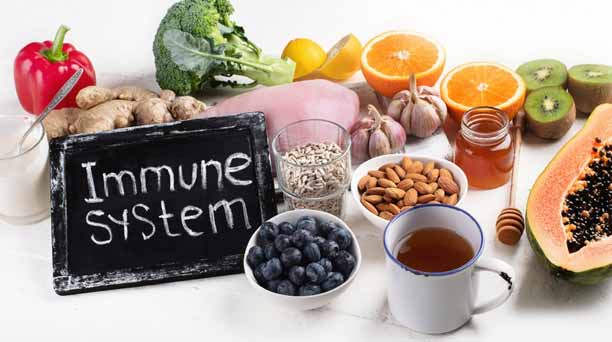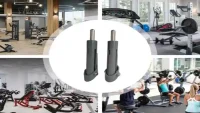Good nutrition plays an essential role in maintaining good health and preventing chronic diseases. However, with busy lifestyles and processed foods, getting all the nutrients we need from our diet alone can be challenging. This is where nutritional supplements come in handy. Supplements are an excellent way to fill nutrient gaps and ensure optimal health. In this blog post, we’ll explore the importance of nutritional supplements, their benefits, and who may need them.
The body needs a broad spectrum of nutrients to function correctly, including vitamins, minerals, fatty acids, and amino acids. Many of these essential nutrients are found in the food we eat. However, factors such as food processing, poor soil quality, and fast-paced lifestyles have resulted in nutrient depletion in our diets. For example, refined grains and sugars lack essential minerals and vitamins vital for our health. Most of the vegetables and fruits are harvested before they fully ripen, which reduces the nutrient content. As a result, it’s difficult to obtain all the recommended daily nutrients from food alone.
This is where supplements come in handy. Nutritional supplements fill nutrient gaps in our diet, providing us with essential vitamins and minerals that may be lacking. They can also improve nutrient absorption and enhance our overall health. Some of the benefits of nutritional supplements include:
1. Improved Immune Function

Vitamin C, zinc, and other nutrients in supplements can support a healthy immune system. They boost the body’s ability to fight off diseases.
2. Reduced Risk of Chronic Diseases
Nutritional supplements can lower the risk of chronic diseases, such as heart disease, stroke, and cancer, by providing the body with essential nutrients that protect against these diseases.
3. Improved Cognitive Function
Some supplements, such as omega-3 fatty acids and B vitamins, can improve cognitive function, memory, and concentration.
4. Increased Energy and Reduced Fatigue
Magnesium, iron, and B vitamins support energy production in the body, which can help reduce fatigue and improve energy levels.
However, while supplements can be beneficial, it’s essential to understand that they shouldn’t replace a healthy diet. Supplements should be used to complement a healthy diet, not replace it. Nutrient-dense whole foods should be the primary source of essential vitamins and minerals. Supplements should only be taken if you can’t get enough nutrients from your diet alone.
Who may Need Nutritional Supplements?

While supplements can benefit everyone, some groups may require additional supplementation. These include:
1) Vegans and Vegetarians: Those on a plant-based diet may find it challenging to obtain some essential nutrients, such as vitamin B12, D3, and calcium. Supplements can help you cover these nutrient gaps.
2) Pregnant and Breastfeeding Women: Women require increased nutrient intake during pregnancy and breastfeeding. Nutritional supplements can ensure that they get adequate nutrients to support their health and their baby’s.
3) Older Adults: As you age, your nutrient absorption may decrease, and your nutrient requirements may increase. Nutritional supplements can help you meet those requirements and maintain optimal health.
Conclusion
In conclusion, nutritional supplements are an essential complement to a healthy diet. They offer numerous benefits, including improved immune function, reduced risk of chronic diseases, improved cognitive function, and increased energy production. However, they should not replace whole nutrient-dense foods but rather supplement them. Nutritional supplements are particularly important for vegans and vegetarians, pregnant and breastfeeding women and older adults. With the right combination of a healthy diet and nutritional supplements, you can achieve optimum health and vitality.

Vivan Henderson, a professional photographer born in Texas. Photography is his passion. He was fond of nature in his childhood. So he took his passion as a profession. He is basically nature photographer but also take other type of photo. He completed graduation in computer science from Texas Tech University. He lives in Houston with his wife and two children’s.





